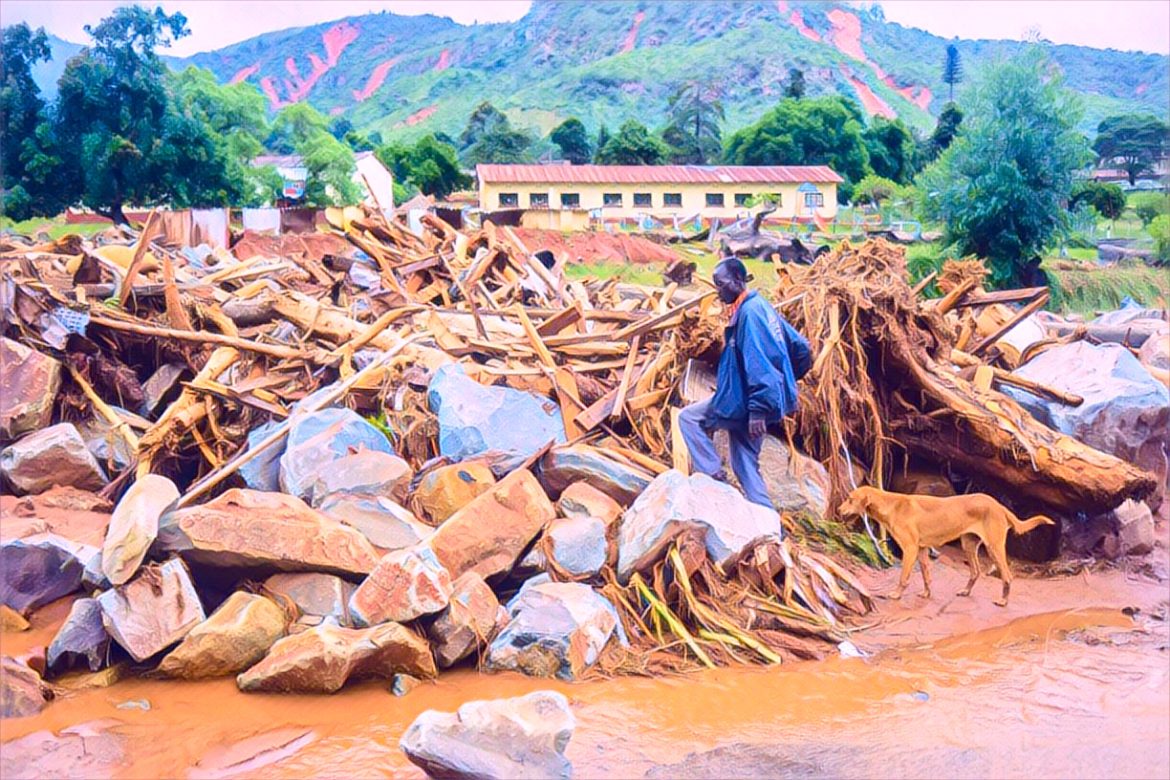KEY POINTS
- Farmers are shifting to drought-resistant crops and better techniques.
- Solar energy and biogas are expanding rural power solutions.
- Water conservation projects help communities endure prolonged droughts.
Climate change has caused Zimbabwe many difficulties, including prolonged droughts, unpredictable rainfall, and food shortages that affect cattle and agriculture.
But rather than giving in to these hardships, the country has embraced modern innovation and traditional expertise. Here are five approaches Zimbabwe is using to address the climate crisis.
1. Adapting agriculture to uncertain conditions
To address climate change, Zimbabwean farmers are adopting climate-smart agricultural methods. Hardy crops like millets and sorghum, which can withstand arid conditions, are cultivated more widely. Farmers also employ conservation tillage to retain soil moisture and practice intercropping to ensure some yields despite challenging conditions.
Moreover, there is a notable shift towards agroecology, centred on reducing chemical inputs and using traditional, organic solutions.
2. Harnessing renewable energy
Solar energy is essential to Zimbabwe’s renewable energy strategy because of the country’s abundant sunshine. More and more solar panels are used to power rural homes and provide irrigation systems, enabling fossil fuel-free agriculture. In addition, biogas—which is produced from livestock and agricultural waste—as cooking fuel lowers air pollution and the need for firewood.
3. Water storage solutions
Water is a vital resource. Zimbabwe’s approach to this includes building tiny dams and reservoirs to retain rainfall for periods of drought. Another helpful option that is currently widely promoted is rainwater harvesting, which enables farmers and households to use rainwater efficiently through rooftop systems and rain barrels.
4. Forest restoration and tree planting
Reforestation is a key component of Zimbabwe’s climate response. Tree-planting campaigns and community forestry initiatives aim to reverse deforestation and promote sustainable forest management. In some areas, woodlots are cultivated specifically for firewood, which helps preserve natural forests.
5. Community engagement and education
To stop climate change, community involvement is necessary. Across the country, public awareness campaigns are instructing people about climate change adaptation, sustainable farming methods, and water conservation. Another indication of growing youth involvement is the support from innovation hubs to young entrepreneurs developing sustainable energy and agriculture technologies. Also, to groom a generation of students who are aware of the issues and ready to assist in finding solutions, schools are adding climate education into their curricula.
Zimbabwe’s response to climate change emphasizes the importance of innovative and locally driven solutions. However, sustaining and growing these initiatives will require ongoing funding and international cooperation.


